Primary
Lighthouse Academy – International Primary School Phuket
Lighthouse Academy – International Primary School Phuket
For our primary and secondary students, Lighthouse International Primary School Phuket uses the Alberta Canadian curriculum textbooks, examinations and standardised testing. We also use a Creative Montessori Inspired Education model which is similar to the known Waldorf Education system. This ensures students are not only healthy academically, but also physically, emotionally and spiritually. The Canadian curriculum sets a global standard for education and is recognised by universities and employers worldwide. Our curriculum is flexible, challenging and inspiring. It is also culturally sensitive yet international in approach. Students develop an informed curiosity and a lasting passion for learning. They also gain the essential skills they need for success at university and in their future careers.
Middle Childhood – Develop the heart through imagination
Between the ages of 7 and 12, children learn best through lessons that touch their feelings and enliven their creative forces. Our primary school curriculum is alive with fairy tales and fables, mythological sagas, and stirring biographies of historical figures. Waldorf style primary / elementary teachers integrate storytelling, drama, rhythmic movement, visual arts, and music into their daily work. Weaving a tapestry of experience that brings each subject to life in the child’s thinking and feeling. Entrusted with the essential task of accompanying their students on a several-year journey, Lighthouse Grades 1-7 primary teachers have a role similar to a parent, guiding the children’s formal academic learning while awakening their moral development and increasing their awareness of their place in the world.
Four stages lead seamlessly from primary to secondary
Our students have the chance to acquire the knowledge and skills they need to achieve at school, university and beyond.
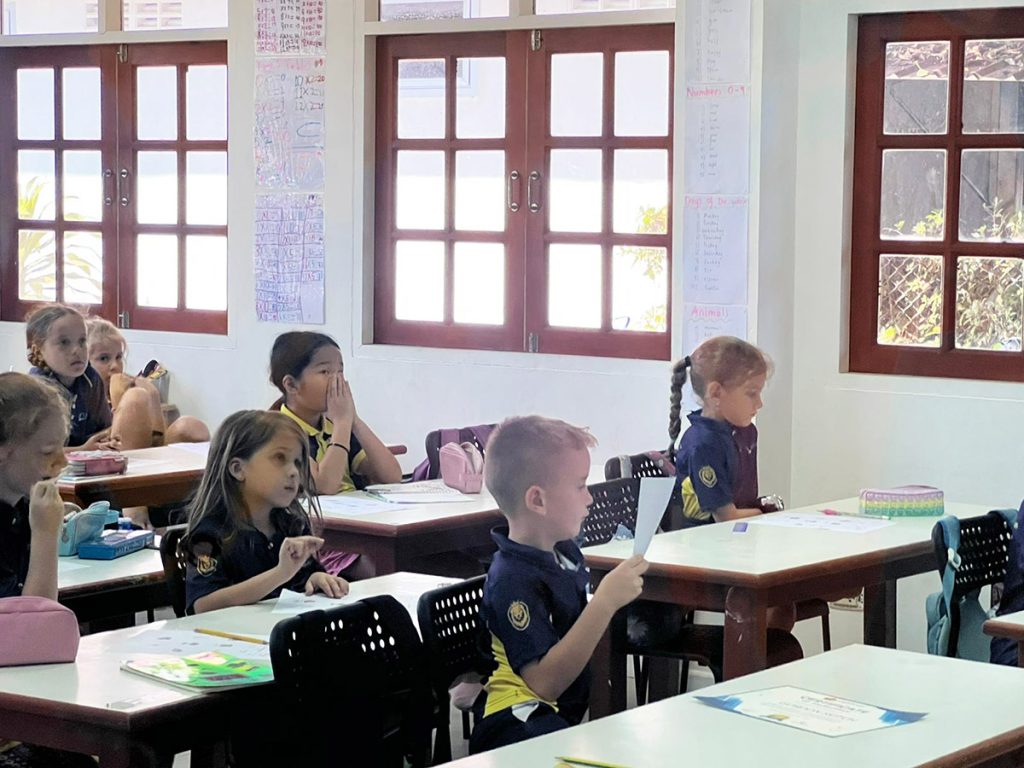
The four stages lead seamlessly from primary to secondary and pre-university years. Each stage builds on the learners’ development from the previous one, but can also be offered separately. Similarly, each syllabus adopts a ‘spiral’ approach, building on previous learning to help advance students’ study. Our curriculum reflects the latest thinking in each subject area, drawn from expert international research and consultation with schools.
The Benefits of Canadian Education
Children enjoy an unhurried childhood.
Visit our school and watch the students at play. You’ll see children who delight in being allowed to live in the moment, who are free to explore nature and to go where their wide-eyed sense of wonder and imagination takes them. In our frenetic world, where pushing children to “hurry up or fall behind” has become the normal. Lighthouse Education takes the point of view that childhood is something to be savored by being free to develop according to their own natural rhythms, Our students enjoy full and rich childhoods, gaining the experiences they need to become healthy, self-actualised individuals.
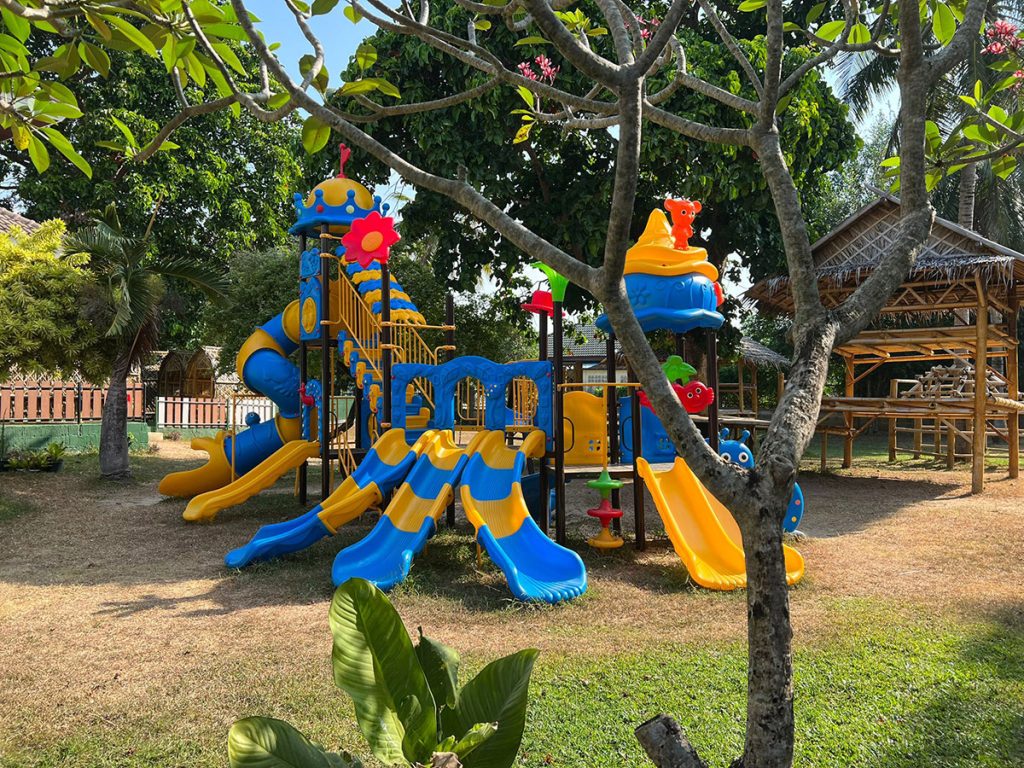

Learning is hands on and age appropriate.
You won’t find young children hovering around a computer in school classrooms or missing a walk in the woods or a trip to the farm in order to sit and cram for a standardised test. In education, learning is an experiential activity. It’s not a matter of doing without certain experiences, it’s a matter of introducing children to each experience at the right time in their development. When it’s time to teach the merits, uses, and hows of technology, teachers do so. And the knowledge, self-awareness, and problem-solving skills children develop through years of hands-on inquiry are of far greater value to them as learners and as human beings than anything they could have picked up by sitting at a screen.
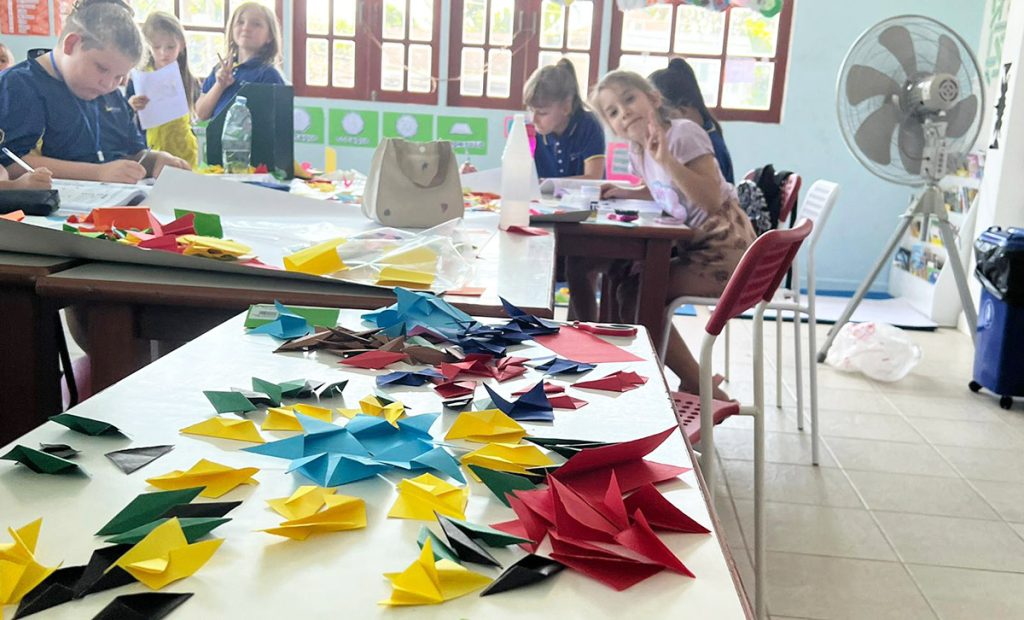

Students learn how to take an active role in their own education
From discovering the alphabet in the first grade to exploring anatomy, algebra, and history in the 8th grade, and all the way up through their high school studies, students take part in the learning process by creating hand drawn journals containing stories, essays, poems, maps, illustrations, lab descriptions, and math equations. Balancing material presented to them in conventional textbooks, the act of creating their “main lesson” books allows children to absorb the lessons their teachers bring them and to make learning their own.
Lighthouse schools produce well-rounded individuals
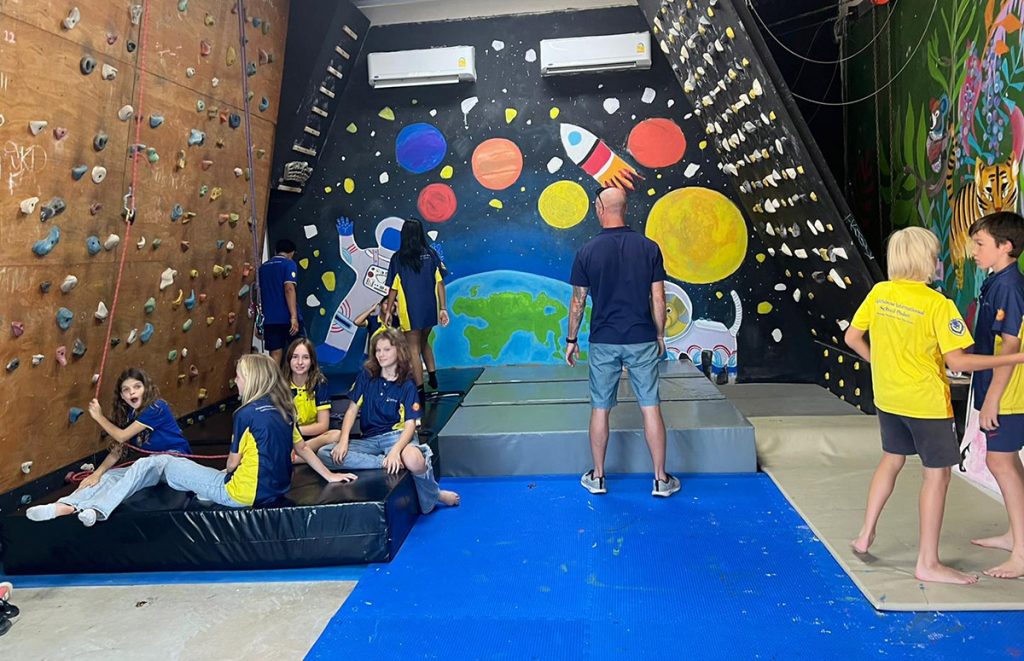

Lighthouse staff strive to bring out what lives in each student, but are careful not to over-emphasise one trait or skill over another. All students study math and science and learn foreign languages; with option to play an instrument and sing in the chorus, learn handwork and take movement classes and perform in the class play. The goal in education is to expose children to a wide range of experiences and to develop within them many interests and capabilities. This, in turn, leads to well-balanced young people with high levels of confidence in their ability to apply skills developed in one area to another, and the knowledge that they can master anything.
Canadian educated individuals have a lifelong passion for learning.
At Lighthouse Phuket, education is not measured by competition and test scores, but is viewed as a life-long journey. An educational approach that appropriately responds to a child’s natural interest in the world cannot help but results in an intrinsic desire to find out more.
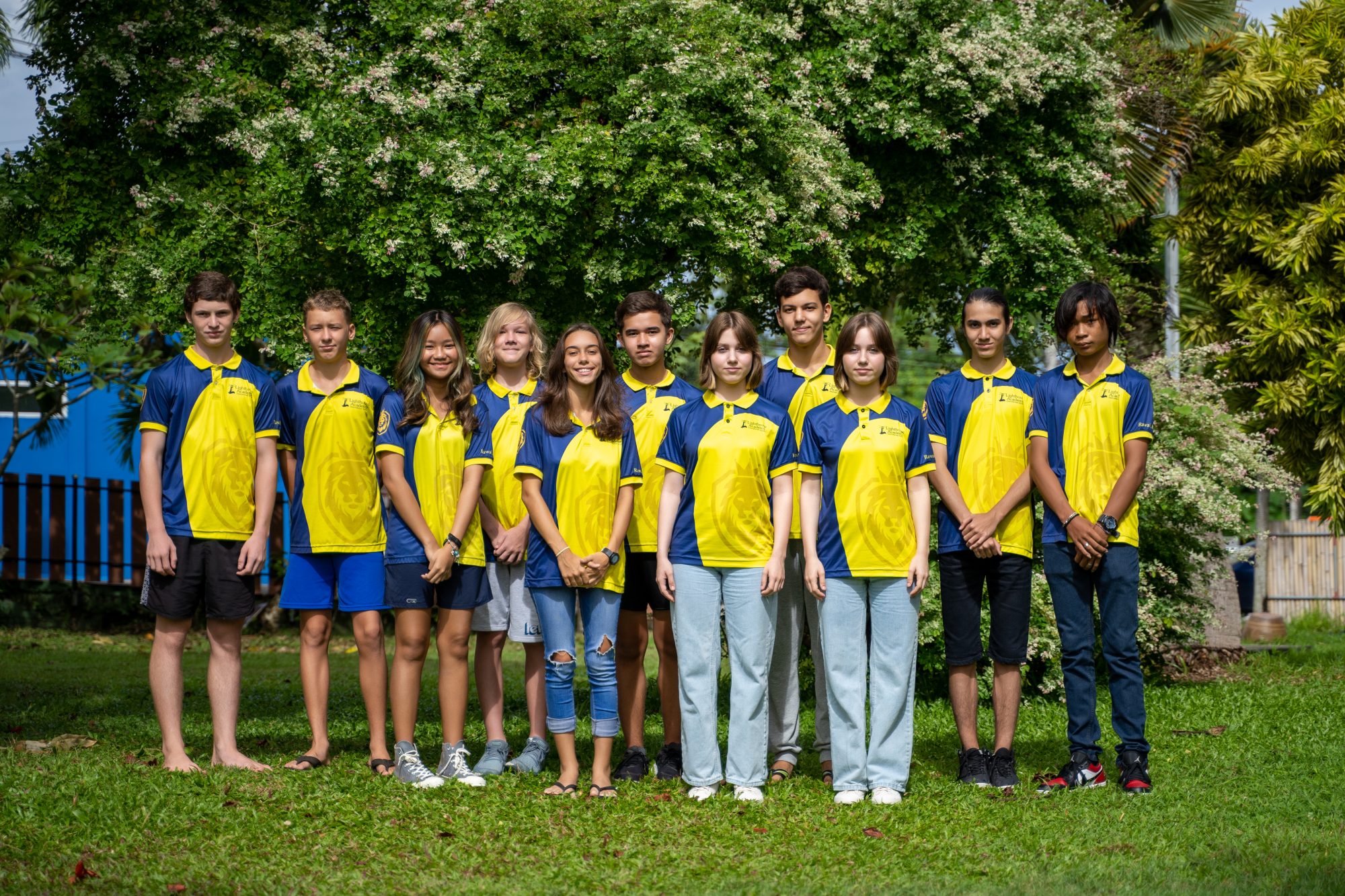

Lighthouse which is similar to a Waldorf school can sometimes seen as “art schools” because of the depth of the fine, practical, and performing arts curriculum you’ll find here, woven in an interdisciplinary fashion among all the subjects.
The Central Role of A Lighthouse Teacher
Lighthouse schools depend on the teacher as a fulcrum for the educational process. The individual who chooses to teach at Lighthouse Phuket brings his or her full self to the development of others, providing mentoring, development, and affection that sustain the students for life.


Phuket’s newest international school.
Globally trusted standards.
Small class sizes.
